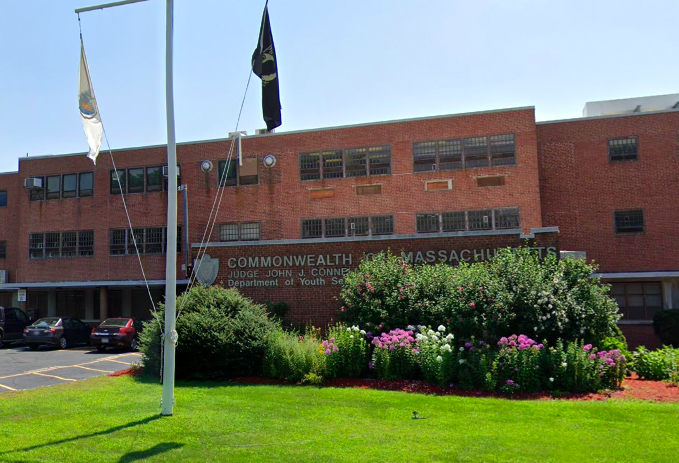MA Youth Detention Population Drops More than 20% within Weeks

Laura Rosbrow-Telem – Commonwealth News Service
BOSTON — Fewer young people are in detention in Massachusetts since the beginning of April, as part of efforts to curb the spread of COVID-19.
According to a new survey from The Annie E. Casey Foundation, this follows a national trend.
The Casey Foundation says youth detention is down 24% in 30 states since March.
Leon Smith, executive director of Citizens for Juvenile Justice, says the Commonwealth’s youth detention population has decreased by 21% overall, and 22% in detention facilities.
Smith says he has a lot of respect for how the Department of Youth Services is handling the situation.
“They were already taking steps to thoughtfully look at young people where they were,” he states. “For young people who were there, they’d been doing what they were supposed to do on their treatment, they’d already started the process of connecting them to providers on the outside.”
The Juvenile Court issued a standing order on April 6 as a coronavirus precaution, recommending the release of youth awaiting trial or in probation violation hearings for nonviolent and less serious offenses.
The Massachusetts Supreme Judicial Court has released a similar framework for adult correctional facilities.
The national drop in youth detention in a single month is as large as the entire decrease that took place from 2010 to 2017.
Nate Balis, director of the Juvenile Justice Strategy Group at The Casey Foundation, hopes this temporary reduction will inspire some rethinking about the purpose of youth detention.
“Maybe we are finally really right-sizing juvenile detention in this country,” he states. “We could emerge from the pandemic with a detention population that truly is young people who pose an immediate community safety risk, rather than all kinds of young people who are not a risk to public safety.”
Smith cautions that one thing needs to be part of all community services for young people being released — greater cultural competency.
“It’s really important, given the composition of our juvenile justice system, that there’s not only mental and behavioral health supports, but that there are culturally competent mental and behavioral health supports,” he states. “And quite frankly, we have room to grow.”
Smith notes that most young people in the juvenile justice system are from communities of color, and are returning to places where COVID-19 is having a harsher impact.
